They paused the raids. Then un-paused them. For a moment, it looked like meatpackers and hoteliers had secured a get-out-of-jail-free card—courtesy of last-minute lobbying and soft-handed memos. But less than 72 hours later, the White House yanked the leash back. Again.
Immigration policy under Trump 2.0 has one rule: expect reversals. One week, ICE is told to steer clear of farms and restaurants. The next, they’re ordered to flood the fields. For now, the message is clear: no sanctuary for cartel labor.
But ask anyone who’s watched multinational meatpacker JBS dodge regulations for a decade—how long before the exemptions quietly return?
The Quiet Pause That Didn’t Last
Last Thursday, a quiet internal email from senior ICE official Tatum King directed agents to pause immigration enforcement at agricultural worksites, aquaculture operations, meatpackers, restaurants, and hotels. The memo went out just hours after lobbyists warned that mass deportations could gut food supply chains and derail hospitality services. The Washington Post confirmed the directive, noting that it had come under pressure from the agriculture and hospitality sectors.
But less than 72 hours later, the pause was dead.
The Reversal Order from the Top
By Sunday night, Trump posted to Truth Social, ordering ICE “to do all in their power to achieve the single largest Mass Deportation Program in History.” The next morning, ICE’s Homeland Security Investigations division held an 11 a.m. call with 30 field offices nationwide. The message: resume raids immediately—including at farms, hotels, and meat plants.
“There will be no safe spaces for industries who harbor violent criminals or purposely try to undermine ICE’s efforts,” said DHS Assistant Secretary Tricia McLaughlin, confirming the reversal in follow-up statements to the press.
Who Pushed Back—and Who Won
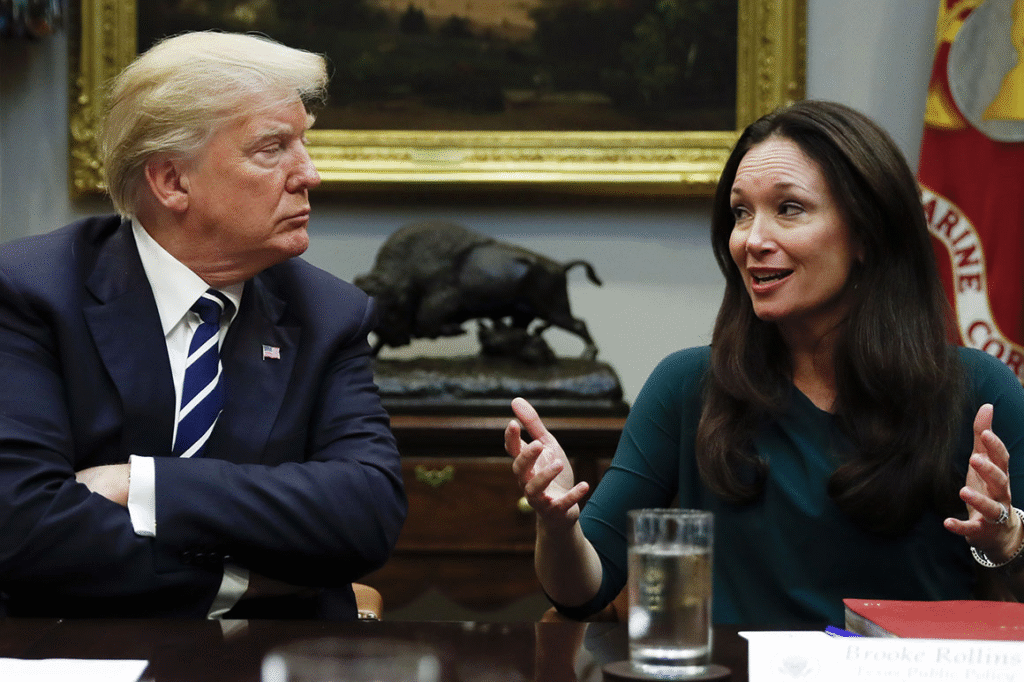
Behind the scenes, the policy fight had been a tug-of-war. Trump was hearing conflicting arguments. On one side, Brooke Rollins, the Secretary of Agriculture, pushed for protections—arguing that farms would collapse without access to low-wage migrant labor. Business groups like the American Business Immigration Coalition pleaded for exemptions, hoping to buy time before ICE agents hit the field.
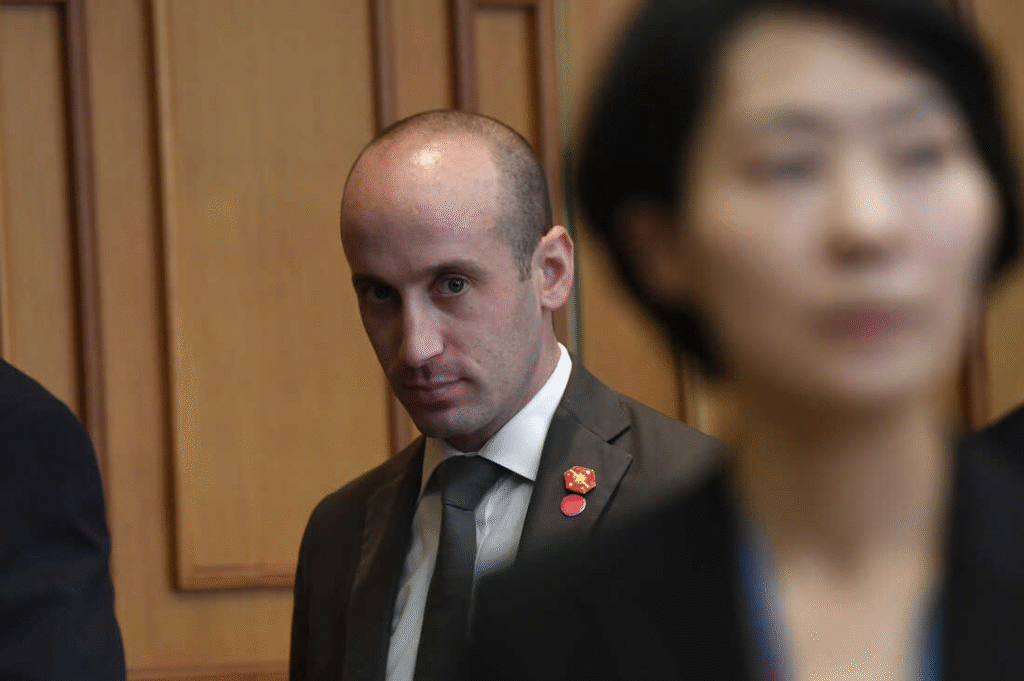
On the other side stood Stephen Miller and Tom Homan, architects of the administration’s strict immigration posture, who reportedly pushed back hard against the idea of letting any industry off the hook.
They won.
The Numbers Behind the Crackdown

According to Homan, ICE is now executing over 2,000 arrests per day. The goal is 3,000. That’s not speculation—that’s the administration’s own stated target. And the only way to meet it, officials admit, is to raid the industries with the most concentrated pools of illegal labor: meatpackers, row crop farms, warehouses, hotels, and fast food chains. A leaked DHS memo even acknowledged the obvious: “By taking this off the table, we are eliminating a significant number of potential targets.”
Sovereignty vs Supply Chain Excuses
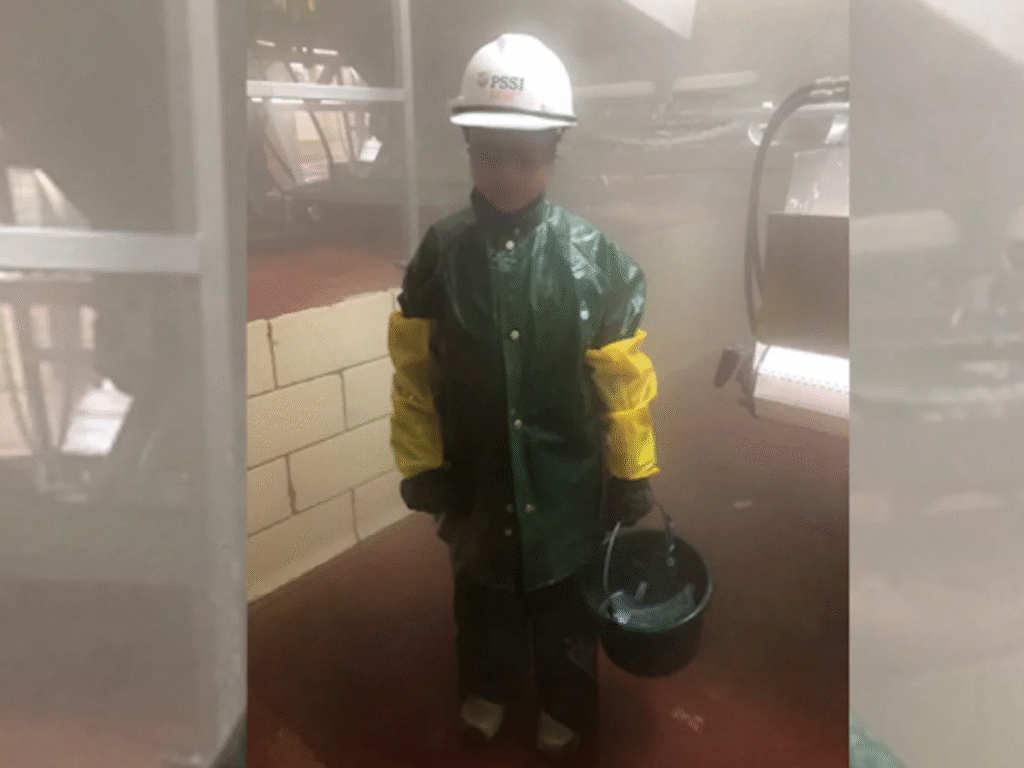
This isn’t just about border policy. It’s about labor economics—and sovereignty.
For years, cartel-linked multinationals like JBS and Tyson have quietly offloaded the true cost of meat production onto the backs of the undocumented. They’ve used front companies, fake Social Security numbers, and labor contractors with shady records. When child labor was exposed in the kill floors, they claimed ignorance—and paid a fine. Now they want the protection of “supply chain stability” while the rest of the country plays by the rules?
No more.
This is the showdown that’s been coming for decades: industrial food versus lawful labor. If that means higher wages for legal workers, so be it. If that means the cartel packers have to scramble while family-owned operations regain footing, even better.
The message has been sent: no more exceptions. And for the first time in a long time, the law might apply to the meatpackers, too.
Looking for beef you can trust wasn’t processed by cartel labor? Find a verified, independent rancher near you at BeefMaps.com.






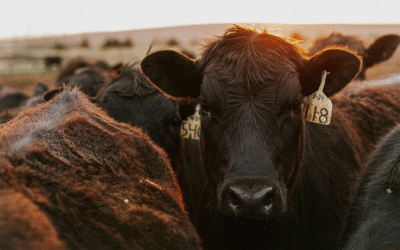
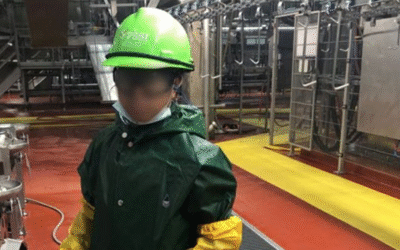

0 Comments